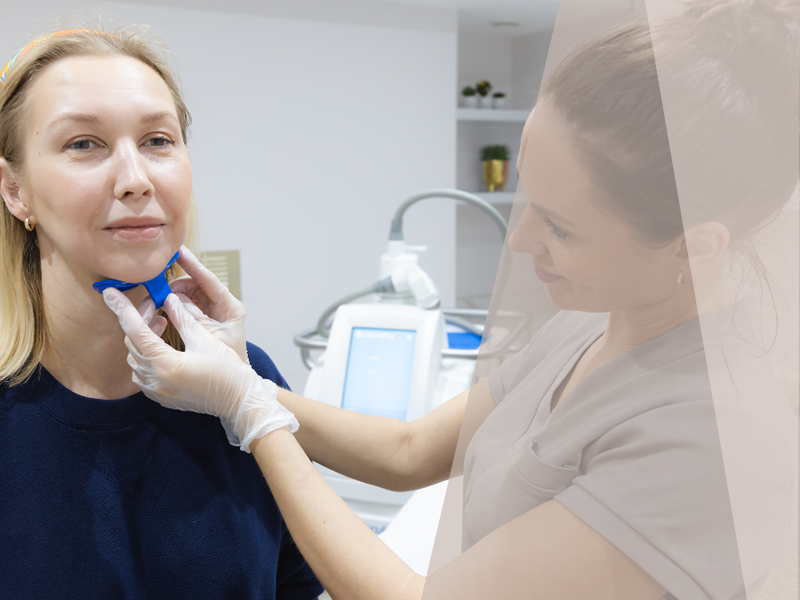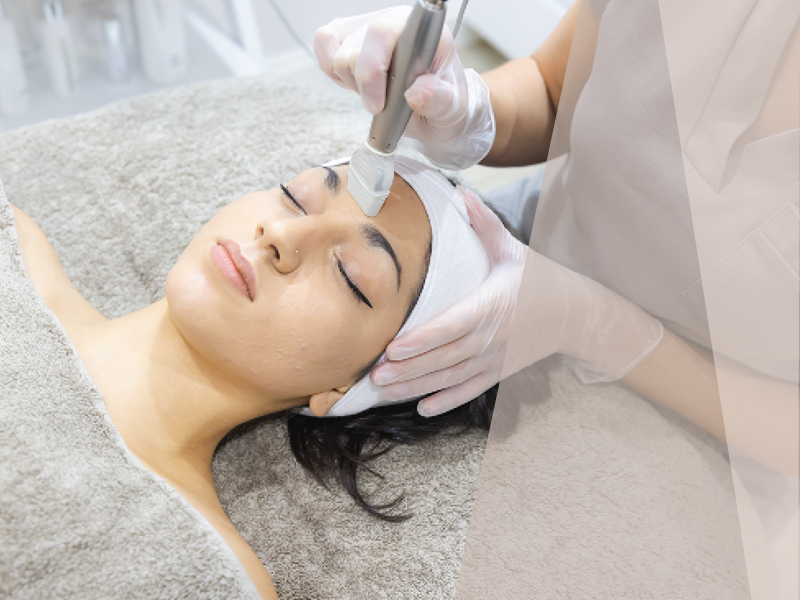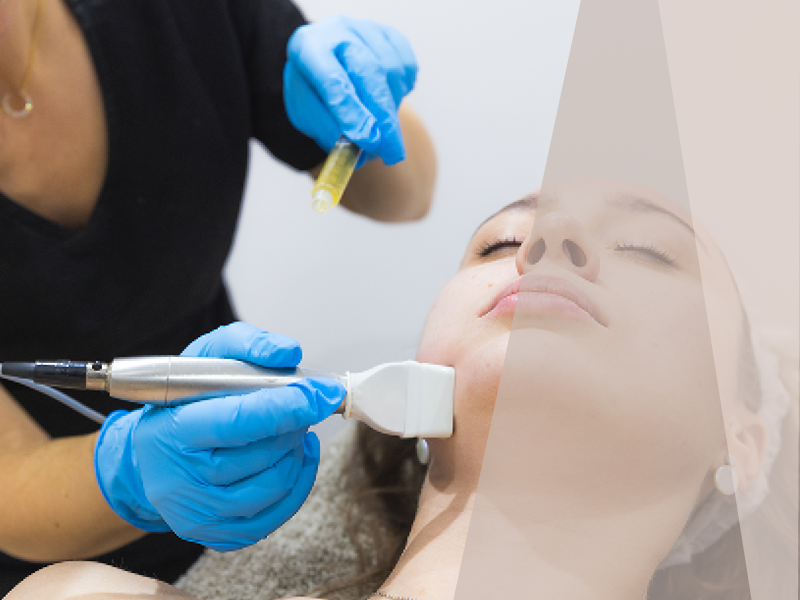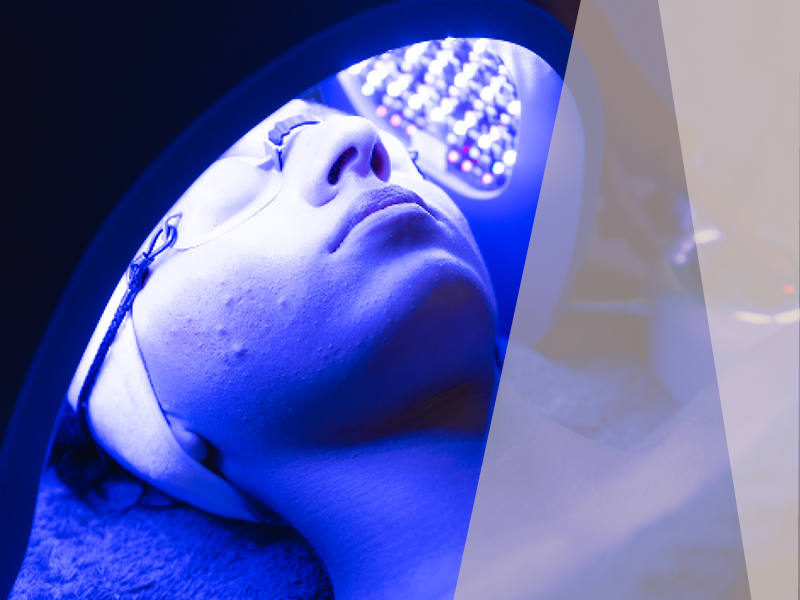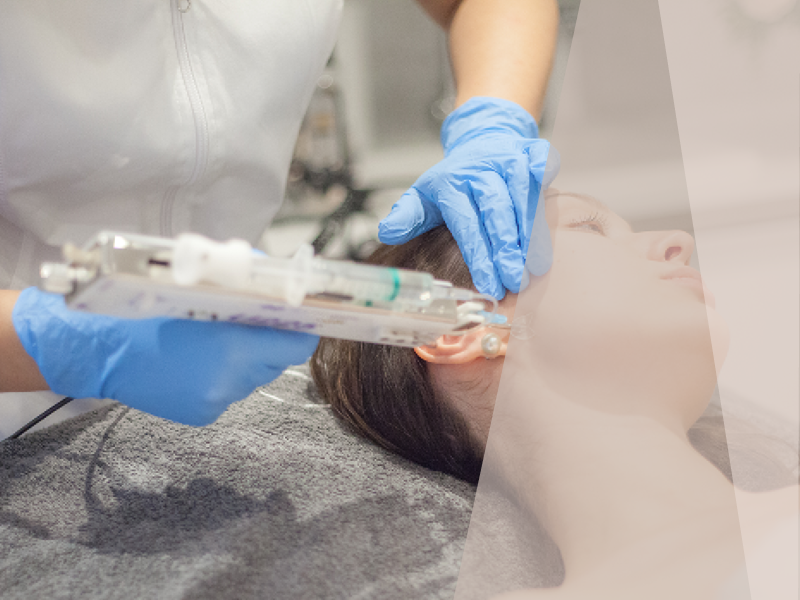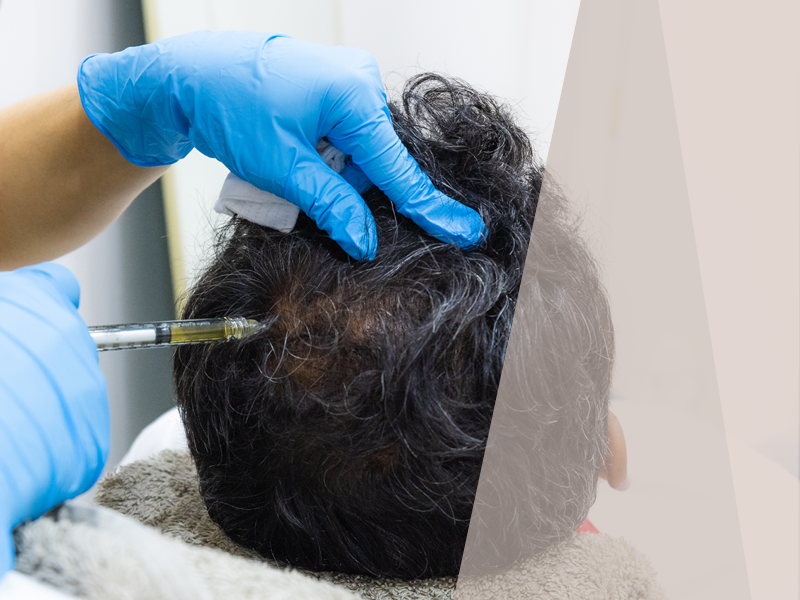
HAIR LOSS TREATMENT LONDON
Effective hair loss treatment is possible. We offer a range of treatment options designed to slow down or prevent hair loss, thicken your hair or even stimulate fresh hair growth. Book a consultation to discuss how hair loss is affecting you & receive personalised treatment recommendations.
- Multiple treatments available
- Thicken & strengthen your hair
- Stimulate hair regrowth
Conditions requiring hair loss treatment
Hair loss treatment can help with a range of symptoms. Depending on the cause of hair loss it can manifest in different ways. It can come on suddenly or gradually, some types of hair loss are temporary, and others are permanent.
- Gradual hair thinning: This is the most common type of hair loss, affecting both men and women as they age. In men, hair often begins to recede from the forehead, while women typically retain the hairline on the forehead but have a broadening of the parting in their hair.
- Receding hairline: A receding hairline is characterised by the hairline moving further back on the scalp, creating a more prominent forehead. This is commonly seen in male pattern baldness.
- Circular or patchy bald spots: This refers to areas on the scalp where hair is completely absent, resulting in a bald spot. This can be caused by conditions like alopecia areata.
- Excessive hair shedding during brushing or washing: If you notice an unusually large amount of hair falling out when brushing or washing your hair, it may be a sign of excessive hair shedding. This can be caused by various factors, including hormonal changes, stress, or certain medical conditions.
- Noticeable hair loss on pillows, clothing, or in the shower drain: Finding clumps of hair on your pillows, clothing, or in the shower drain can indicate significant hair loss. This can be a cause for concern and may require further evaluation.
- Hair becoming brittle, dry, or easily breakable: Hair that becomes brittle, dry, or easily breakable may be a sign of damage or underlying health issues. It can be caused by excessive heat styling, chemical treatments, or nutritional deficiencies.
- Itchy or irritated scalp: An itchy or irritated scalp can be a symptom of various scalp conditions, such as dandruff, psoriasis, or scalp infections. It can also be a result of excessive dryness or sensitivity.
- Scalp tenderness or pain: Scalp tenderness or pain can be caused by inflammation, infection, or underlying medical conditions. It may also be a symptom of conditions like scalp folliculitis or tension headaches.
- Changes in hair texture or colour: Changes in hair texture or colour can occur due to various factors, including ageing, hormonal changes, nutritional deficiencies, or certain medical conditions.
- Decreased hair density or volume: Decreased hair density or volume refers to a noticeable decrease in the overall thickness or fullness of the hair. This can be a result of various factors, including genetics, hormonal changes, or certain medical conditions.
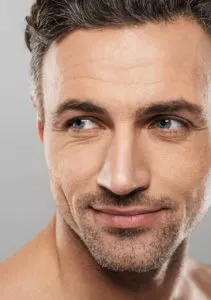
Causes of Hair Loss
Genetics: The most common cause of hair loss is a hereditary condition called androgenetic alopecia, or male/female pattern baldness. This condition is passed down through family genes and can result in gradual hair thinning and eventual baldness.
Hormonal changes: Fluctuations in hormones can lead to hair loss. For example, women may experience temporary hair loss during pregnancy, childbirth, or menopause due to hormonal imbalances.
Medical conditions: Certain medical conditions can cause hair loss, such as thyroid disorders, autoimmune diseases (like alopecia areata), scalp infections (like ringworm), and scalp conditions (like psoriasis).
Medications and treatments: Some medications and medical treatments can have hair loss as a side effect. Examples include chemotherapy, radiation therapy, certain antidepressants, blood thinners, and acne medications.
Age: As people age, their hair naturally becomes thinner and more prone to shedding. This is a normal part of the ageing process.
1
EAT A WELL-BALANCED DIET, RICH IN VITAMINS, IRON AND PROTEIN
2
PROTECT YOUR HAIR FROM SUNLIGHT AND OTHER SOURCES OF ULTRAVIOLET LIGHT
3
AVOID HARSH TREATMENTS SUCH AS CURLING IRONS, HOT OIL TREATMENTS AND PERMS ETC. CHOOSE A HAIR CARE ROUTINE THAT IS BEST SUITED TO YOUR HAIR TYPE.
4
STOP SMOKING. SOME STUDIES SHOW AN ASSOCIATION BETWEEN SMOKING AND BALDNESS IN MEN.
* Results may vary


















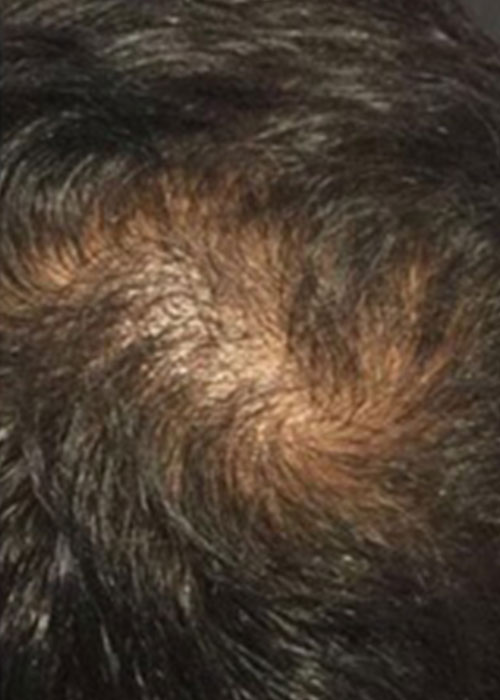 BEFORE
BEFORE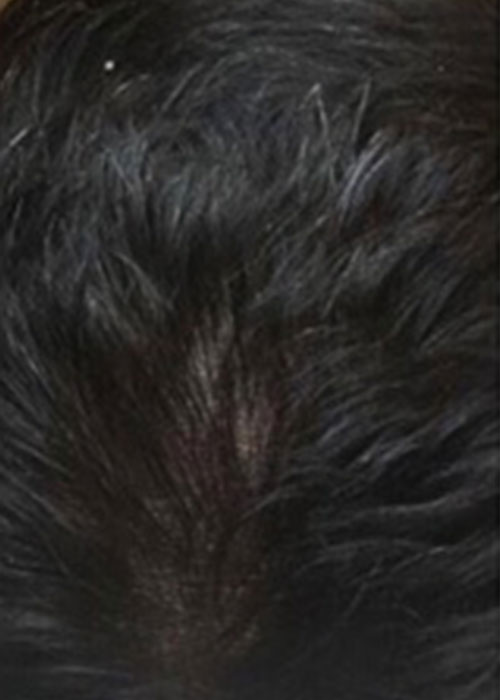 AFTER
AFTER